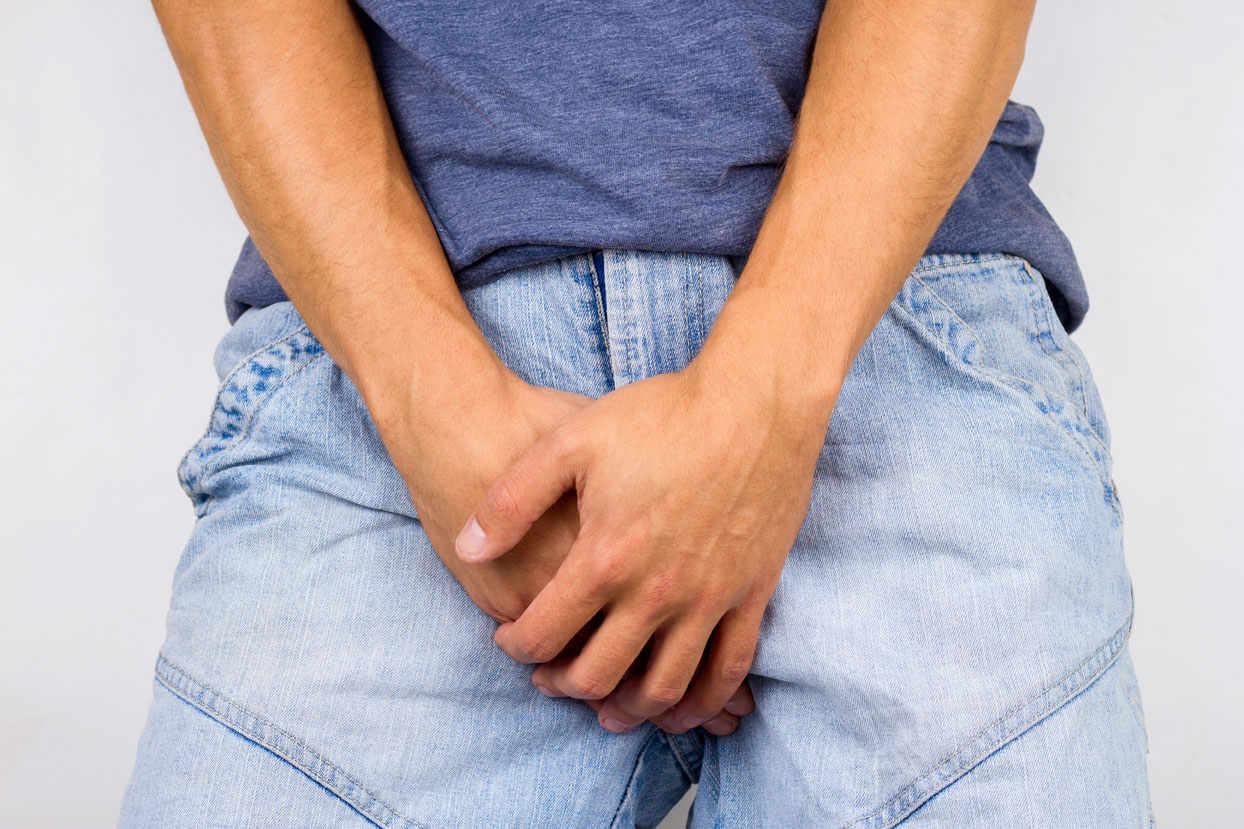 Bladder symptoms are often experienced by people with Parkinson’s. The most common problems include:
Bladder symptoms are often experienced by people with Parkinson’s. The most common problems include:
- Needing to pass urine more frequency, including overnight.
- Struggling to hold on after having the sensation of needing to pass urine.
- Not getting much notice before needing to empty the bladder.
As well as Parkinson’s, there are many other health problems can also cause problems with passing urine. If there has been a change or you experience pain or discomfort when urinating, difficulty passing urine or notice blood in the urine then you should talk to your GP.
What can help?
Food and drink
It is important to maintain a good fluid intake, aiming for 1.5-2L per day (2 ½ – 3 ½ pints). Restricting fluid intake will cause dehydration and can make bladder problems worse. There are some foods and drinks in particular which can irritate the bladder. It is best to avoid them or cut down if you are able to:
Tea
Coffee
Hot Chocolate
Green Tea
Blackcurrant juice
Citrus Fruit and fruit juices
Tomatoes
Cola and other fizzy drinks
Alcohol
Drinks which DO NOT irritate the bladder include:
Water
Milk
Decaffeinated tea and coffee
Herbal tea
Milkshakes
Dilute fruit juice
Exercises
When muscles are not exercised, they get weaker. This is also true for the pelvic floor muscles. These muscles support the bladder and the bowels, and help control their function. The pelvic floor muscles can be damaged by pregnancy or childbirth in women, chronic coughing, heavy lifting, chronic constipation, being overweight or previous surgery (including prostate surgery). Weak pelvic floor muscles can cause incontinence (leaking of urine or faeces (poo)). PELVIC FLOOR EXERCISES can help strengthen muscles and reduce the risk of leaks. Pelvic Floor Exercise can be very effective but can take a few months to make a difference and must be continued regularly to be effective.
Medications
If the steps above have not helped to make your symptoms more manageable, then it is important to discuss with your GP if there are any other options available to you. Depending on the problem you are experiencing, your GP or Parkinson’s team may consider starting some medication or referring you onto a specialist for further assessment.
incontinence, continence, leaking, dribbling